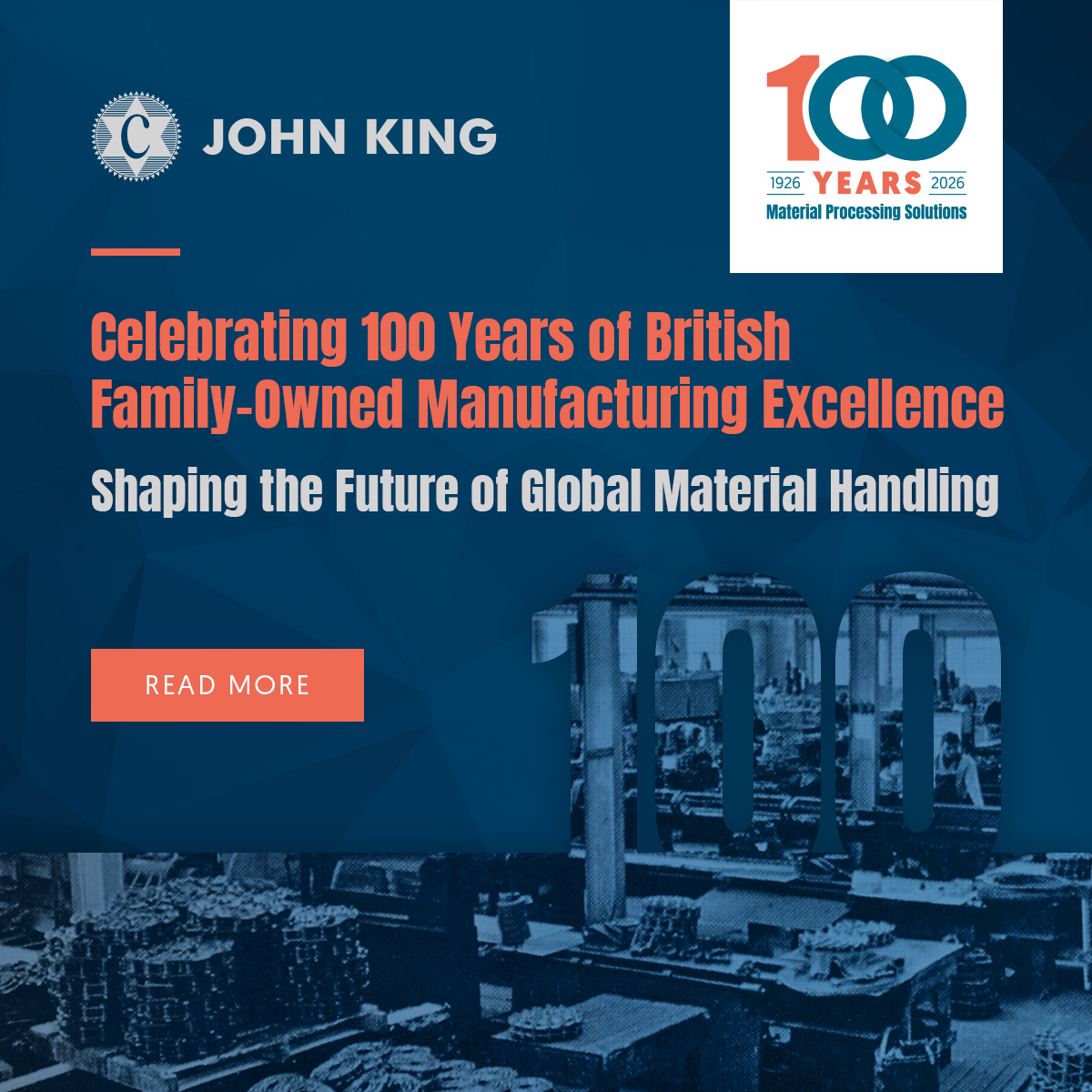Choosing the Right Heavy-Duty Conveyor Chains for Industrial Applications
Have questions or need a quote?
Get in touch with the team today.
Conveyor chains play a vital role in many material-handling operations across a wide range of industries. Choosing the right chain for the job is often of the utmost importance – and when it comes to industrial applications, such as those in industries like mining, construction, cement, and forestry, selecting appropriately durable heavy-duty conveyor chains is crucial. Here’s a quick guide to choosing the best conveyor chain for these challenging industrial environments.
Identify Industry-Specific Needs
While many heavy-duty sectors may have similar needs for conveyor systems, each also has its own specific requirements. Understanding these specific needs can help you choose a chain that best aligns with the environmental and operational demands of your sector. For example:
Mining and Quarrying operations require strong chains that can withstand abrasiveness, as well as manage heavy loads. Furthermore, chains that are resistant to high impact and corrosion are ideal.
Cement and Aggregate operations are often exposed to high temperatures and dust. Therefore, heat- and abrasion-resistant chains are critical for reliable function.
Forestry and Timber operations require chains with strength and flexibility that can handle heavy, uneven loads and withstand dirt and dust.
Evaluate Chain Type and Load Capacity
Industrial conveyor chains are often required to carry substantial loads. So, evaluating a suitable load capacity, as well as the right chain type is essential. This may be one of the following:
Welded Steel Chains: Featuring robust link plates, welded steel chains are ideal for high-stress applications where strength is a priority. As such, these chains are commonplace in lumber, forestry, and agricultural applications.
Forged Link Chains: Often used in industries requiring strong tensile strength, forged link chains are suitable for a range of rough, high-impact environments. For example, they are widely used in cement, mining, and agricultural operations.
Cast Link Chains: As well as strength, these chains offer flexibility making them ideal for handling variable loads. These properties make cast link chains a popular option in timber processing.
Consider Environmental Conditions
Environmental factors can impact the function and longevity of conveyor chains, making this an important consideration when selecting the best chains for your operations. Things to consider include:
Corrosion: Moisture and exposure to chemicals can cause premature corrosion in chains and other mechanical components. Ensuring your chains have suitable anti-corrosion coatings is therefore crucial.
Extreme Temperatures: Many industrial operations involve intense temperatures. Choosing durable conveyor chains with heat-resistant coatings is often essential to prevent premature damage.
Dust and Debris: Chains in industries like mining, cement, and timber processing are often exposed to dust and debris. Such operations will benefit from self-lubricating conveyor chains that are more resistant to wear from such abrasive particles.
Match with the Right Sprocket
Ensuring the smooth operation of your conveyor systems is about more than just the conveyor chain. Selecting the right sprocket can also be essential for improving chain longevity. Matching the right chain and sprocket can reduce wear, optimise performance, and extend the lifespan of both components.
Things to consider when choosing the right sprocket include pitch, size, and configuration. Custom sprockets can also be an excellent option for many heavy-duty applications.
Trust John King Chains for Heavy-Duty Conveyor Solutions
With over 90 years in business, John King Chains has a wealth of experience in manufacturing heavy-duty chains for industrial applications. From cement processing to timber and forestry, our chains are designed for endurance and efficiency. Contact us for expert advice or browse our selection to find a conveyor chain that best fits your needs.
Give us a call at 01977 681 910 or get in touch via our online contact form today. A member of our skilled and knowledgeable team will be happy to assist you.

